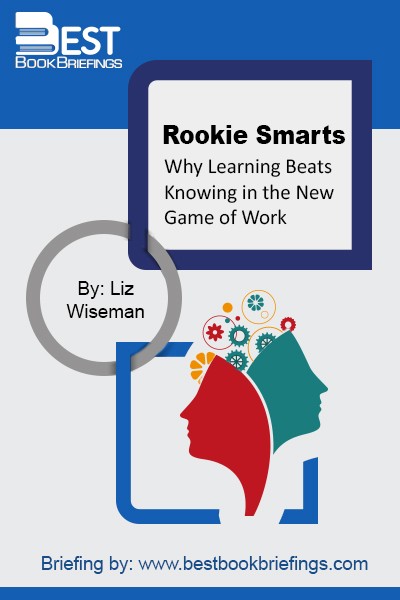Rookie Smarts
Why Learning Beats Knowing in the New Game of Work
Editorial Review
We need to build a rising generation of leaders who aren’t afraid to tackle the world’s toughest challenges. We need leaders who know how to mobilize a diverse set of experts and use all the intelligence and human capability inside our organizations. Rookie smarts isn’t an age or experience level, it is a state of mind—one that’s available to those willing to unlearn and relearn. It’s also a choice. As the world of work speeds up, we can either slow down and get left behind, or we can quicken our step and keep up. Walk back to the bookstore where you bought your first trade book. Surf with the amateurs. Find your rookie mind. Wonder what’s possible. Then go off and do something wonderful. It’s in the process of learning new things and overcoming challenges that we engage our creative energies. It’s in the climbing that we feel on the top of the world.
Book Reviews
Books on Related Topics
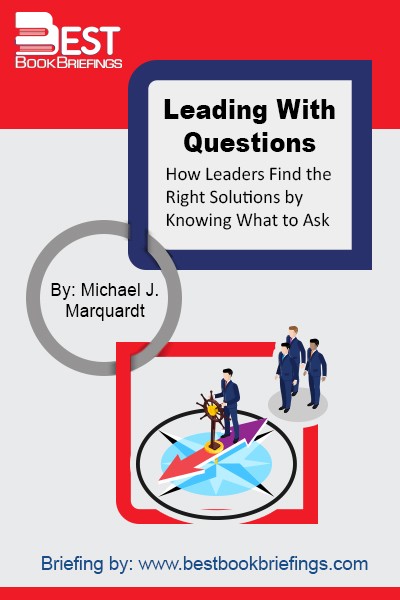
Questions can elicit information, of course, but they can do much more. Astute leaders use questions to encourage full participation and teamwork, to spur innovation and outside-the-box thinking, to empower others, to solve problems, to build relationships with others. Recent research—and the experience of a growing number of organizations—now points to
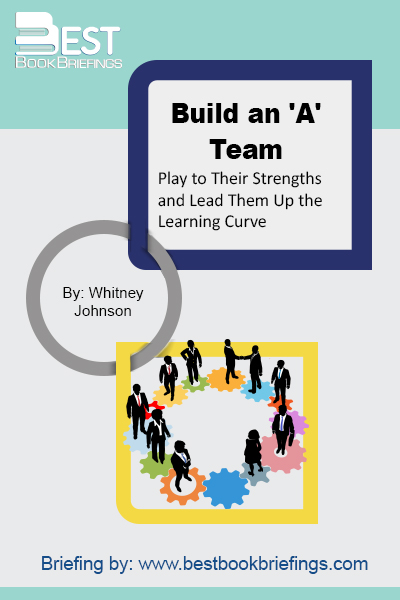
What's the secret to having an engaged and productive team? It's having a plan for developing all employees--no matter where they are on their personal learning curves. Better morale and higher performance happen through learning, argues Whitney Johnson. In over twenty years of coaching, investing, and consulting, Johnson has seen that
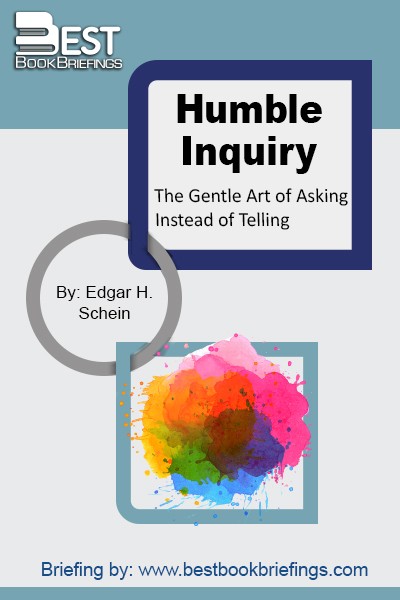
Ed Schein defines Humble Inquiry as “the fine art of drawing someone out, of asking questions to which you do not know the answer, of building a relationship based on curiosity and interest in the other person.” In this seminal work, Schein contrasts Humble Inquiry with other kinds of inquiry, shows
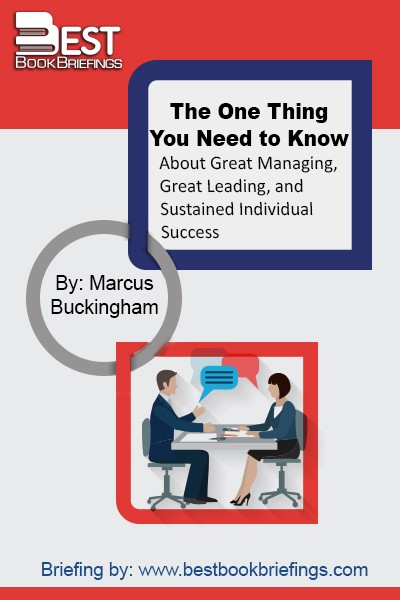
In The One Thing You Need to Know, Buckingham gives the readers an invaluable course in outstanding achievement—a guide to capturing the essence of the three areas fundamental to professional activity. Great management, great leading, and career success—he draws on a wealth of examples to reveal the single controlling insight that
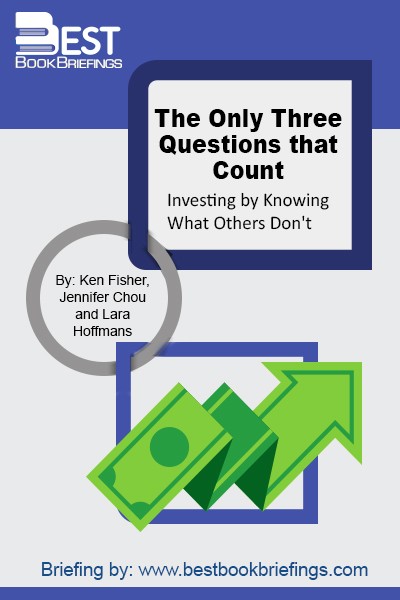
Building new knowledge of how capital markets works is everyone's job, whether you accept that or not. You are part of it, whether you know it or not. By knowingly embracing it you can know things others don'tthings finance professionals don't know yet. You needn't be a finance professor or have

